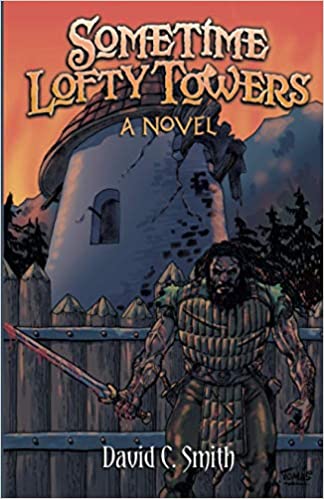What do you think?
Rate this book


196 pages, Kindle Edition
Published January 29, 2021
Hundreds of weapons met, rising and falling as fighters and warriors pushed against one another ... swinging and thrusting with axes, swords, knives. Arms were cut through. Bellies, stabbed. Blood sprayed onto faces and chests.
He had sought life in combat, in those moments when he confronted all of himself. His joy had been complete when he moved beyond the words of poetry into the fight for survival, confronting Death, the muscular expression of life lived at its height.